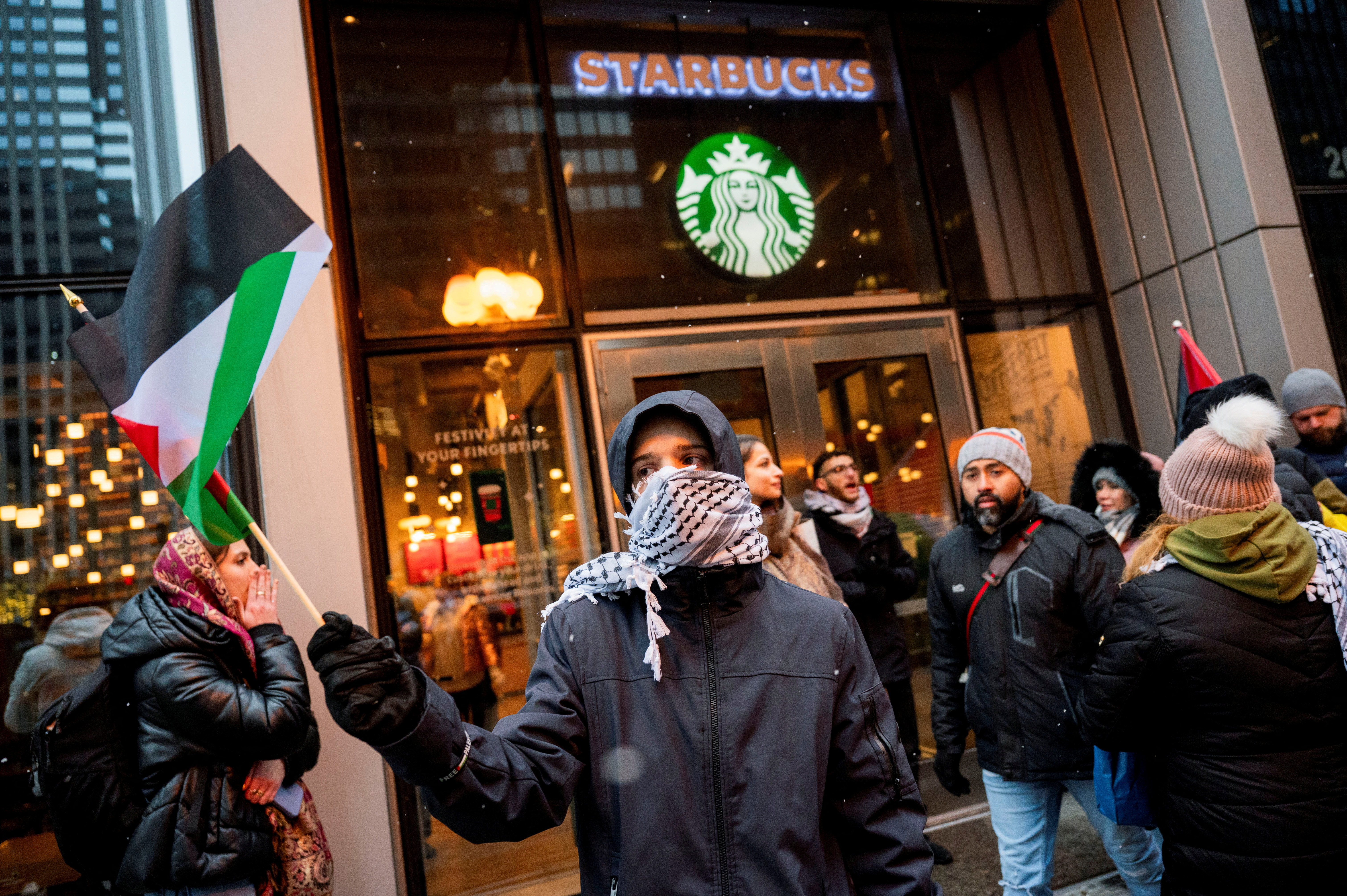
M.H. Alshaya Co., one of the largest retail operators in the Middle East, manages Starbucks franchises in multiple countries, including Kuwait, the UAE, Saudi Arabia, and Turkey. The decision to shelve its plans to sell a significant stake in the Starbucks franchise is seen as a calculated response to the fluctuating retail environment, marked by inflationary pressures and changing consumer behavior in the wake of the pandemic. Analysts say that the retail giant is being cautious as it reassesses the value of its holdings in a retail market still reeling from economic shifts across the region.
Alshaya's Starbucks operations, which represent a core element of its vast retail portfolio, have been considered a flagship investment for the group. With over 1,700 Starbucks outlets across 14 countries, the franchise generates a sizable portion of Alshaya’s revenues. As the group faces ongoing headwinds, including supply chain disruptions and rising costs, executives are reviewing their options to determine whether a partial sale would be prudent in the current market environment.
Industry insiders suggest that while the company remains committed to its long-term partnership with Starbucks, it is also exploring ways to optimize its business operations. Talks regarding a potential sale had reportedly advanced with various private equity firms and investors, with valuations rumored to have surpassed the $4 billion mark. However, Alshaya’s leadership team is believed to have chosen to delay the process, preferring to wait for more favorable market conditions. This decision highlights the group's strategy of preserving its best-performing assets amid ongoing economic uncertainty.
Retail experts point out that the Middle East’s retail sector has experienced significant fluctuations over the past year, driven by economic policy shifts, supply chain disruptions, and a reduction in consumer spending. Alshaya, like other major retailers, has had to contend with these challenges while balancing its regional operations and planning future growth. The Starbucks franchise, in particular, remains a robust and lucrative asset, attracting consumers across various income segments and enjoying a strong brand presence in key markets like the UAE and Saudi Arabia.
Despite the halt on the divestment plan, Alshaya is likely to continue evaluating its portfolio and exploring strategic initiatives that could enhance shareholder value. Market analysts believe the group will keep a close watch on the evolving market dynamics before making any major moves. The company’s cautious approach mirrors that of several other large conglomerates in the region, which have similarly delayed high-profile asset sales due to concerns over market instability.
Alshaya’s decision underscores the broader challenges facing the retail sector in the Gulf, which has long been dominated by multinational franchises like Starbucks, H&M, and Victoria’s Secret—all of which fall under Alshaya’s management. The company’s leadership is said to be actively assessing the timing of any future sales, recognizing that the performance of global brands in the region could significantly influence investor sentiment. With economic conditions remaining fluid, any decision to sell its Starbucks holdings would be closely scrutinized by the market.
While no formal announcements have been made regarding the specific timeline for resuming discussions, sources suggest that Alshaya remains committed to finding the right time to revisit the possibility of a partial sale. The group's ability to navigate these turbulent conditions will be crucial as it seeks to maintain its leadership position in the regional retail sector. Its longstanding relationship with Starbucks, which spans more than two decades, has solidified its reputation as a trusted partner for international brands entering the Middle East. However, market analysts warn that the group may need to adapt to the shifting landscape, which has seen both challenges and opportunities emerge in the post-pandemic era.
The delay in the Starbucks divestment plan comes at a time when other regional retail players are similarly reevaluating their portfolios. Majid Al Futtaim, another major retail operator, has also taken a more conservative stance on expansion in light of ongoing global uncertainty. Retail sector experts believe this trend of strategic caution will persist as operators across the Middle East adjust to fluctuating consumer spending patterns and ongoing economic pressures.
Alshaya’s extensive portfolio includes more than 90 world-renowned brands, spanning multiple sectors including fashion, food, and leisure. In the coffee segment alone, Starbucks remains a standout, continuing to attract a loyal customer base despite competition from local chains and new entrants. With over 20 years of experience in operating Starbucks stores across the Middle East, Alshaya has built an efficient supply chain and a deep understanding of consumer preferences. This makes the franchise a prized asset within its wider portfolio, one that would attract significant interest from potential buyers should the sale eventually go ahead.
Topics
Kuwait
